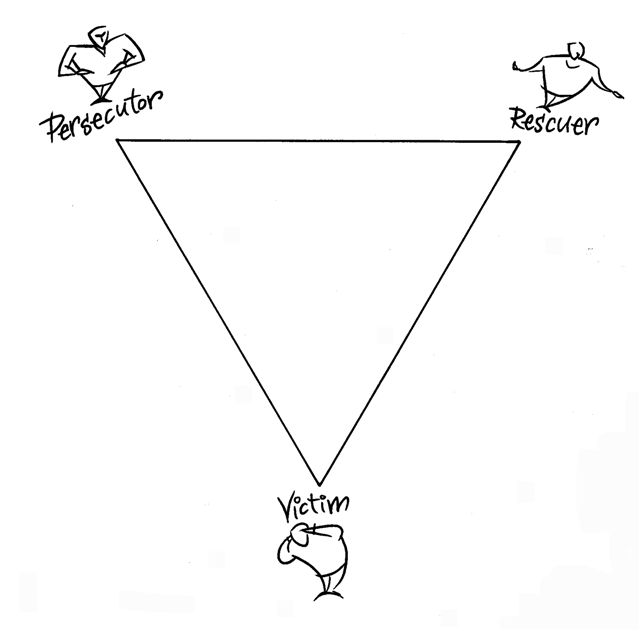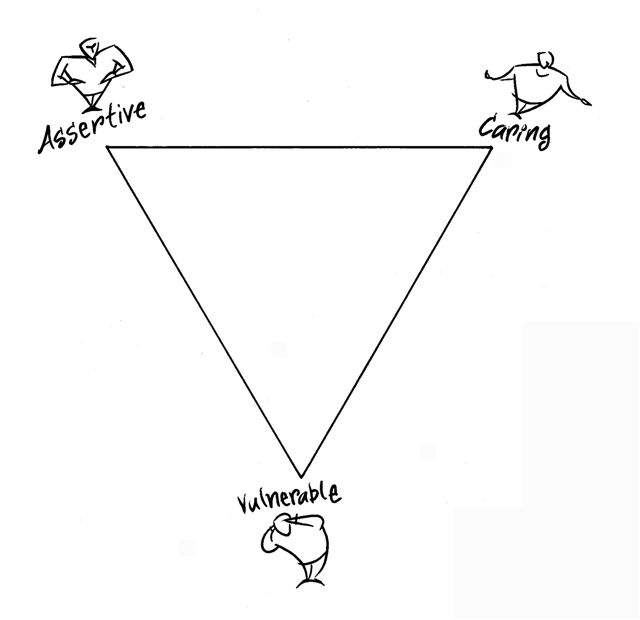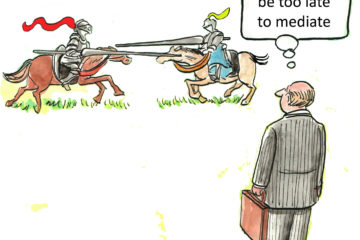
All I want for Christmas is…happy families!
Some people just love to create dramas, and when families get together there can be lots of it! Christmas and New Year summer holidays with family are a great time for drama queens and would-be Oscar contenders to have their moment in the sun and kick-start the action.
Previous tensions or arguments, or leftovers from Christmases past, are packaged in new colourful wrapping that draw you in with the promise of happy families and peace on earth in the warm glow of the summer sun.
But, before you know it, you have been cast as the star of the show or a bit player without a script to follow. That’s when the fun starts. When you unwrap these ‘gifts’ the old dynamic starts again, and you don’t know what to do. Unfortunately, the three wise men have already trotted off on their camels. All you are left with is the equivalent of coloured baubles on a fading Christmas tree. Responses that didn’t work in other years aren’t going to work this time around, either.
These scenarios can be confusing and even painful…. until you learn the secrets of the ‘Drama Triangle’ and the ‘Winner’s Triangle’.
The Drama Triangle is a model that describes how difficult interactions work, and the Winner’s Triangle describes how to improve those interactions.
Participants from our live training sessions have told us how understanding these triangle models has improved their relationships with challenging family members. One person said: “No wonder I get so tangled up. Learning this has changed my life”.
So, what is this all about?
The three positions in the Drama Triangle are Victim, Persecutor and Rescuer.
The Victim: Expects others to criticise them (Persecutor) or fix them up (Rescuer). They are submissive, weak, helpless, or passive.
The Persecutor: Puts others down; is blaming, judgmental and critical.
The Rescuer: Takes over, and wants to solve problems, does more than half the work in a relationship, and is patronising. They are often uncomfortable with other people’s feelings and want to fix them.
These three Drama Triangle positions keep changing, which makes it difficult to have effective conversations.

Examine this scenario:
Person A: I’m stuck here with all this extra work preparing the Christmas dinner (Victim) and you haven’t done anything to help (Persecutor).
Person B: There’s no need to talk to me like that (Persecutor). I couldn’t help it, I’ve been really stressed and have hardly any energy to get stuff done (Victim).
Person A: Don’t be upset; you’ll be alright. I can manage I suppose. (Rescuer)
Did you see it? Each of these statements has a ‘hook’ in it that leads to a bad feeling, which makes it hard to respond in a constructive way.
Learning to untangle the Drama Triangle is relatively simple once you notice the dynamic that’s operating. So, when you recognise the Drama Triangle in action, you can change how you respond, by opting for the Winner’s Triangle positions.
The three positions in the Winner’s Triangle are:
Vulnerable: Acknowledges their own weakness and actively engages in problem-solving, even if they need to ask someone else for help.
Assertive: Gets their needs met without being negative about others. States things clearly in a kind and firm way.
Caring: Listens and is empathetic; and only does things for others if asked and willing. They trust that the other person can work things out for themselves.
Funnily enough (you have probably heard this from me before), one quick way to get out of the Drama Triangle and into the Winner’s Triangle is to acknowledge the other person’s feelings.

Person A: I’m stuck here with all this extra work preparing the Christmas dinner (Victim) and you haven’t done anything to help (Persecutor).
Person B: I’m sorry this dinner has put extra pressure on you. It has been difficult for you, and I do appreciate what you have done. Is there anything I can do to help now? (Carer)
Another possible scenario:
Person B: There’s no need to talk to me like that (Persecutor). I’m sorry but I couldn’t help it, I’ve been really stressed and have hardly any energy to get stuff done (Victim).
Person A: You have had a hard time. It hasn’t been easy for you (Carer). I really do need some help though (Vulnerable). If you could just do the salad, that would give me time to prepare the other vegetables (Assertive).
Bonus tip: If you hear the other person saying to you, “Yes, but …” there’s a good chance you have been in the Rescuer position. Sometimes, they might say it several times before you realise what is happening. When you recognise that you are in the Drama Triangle, you can switch to being a Carer and say something like, “I’m sorry, it seems like I wasn’t really listening to what you are saying. Let me listen now.”
Have a great Christmas – and let me know how you get on!
Some family dynamics just keep repeating themselves
